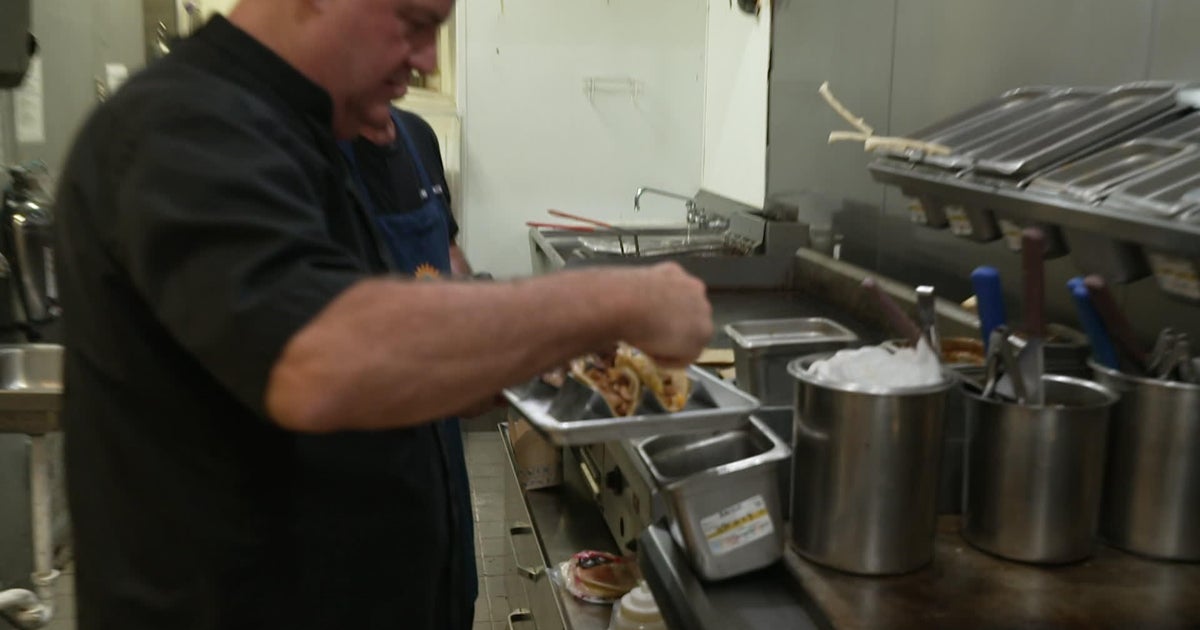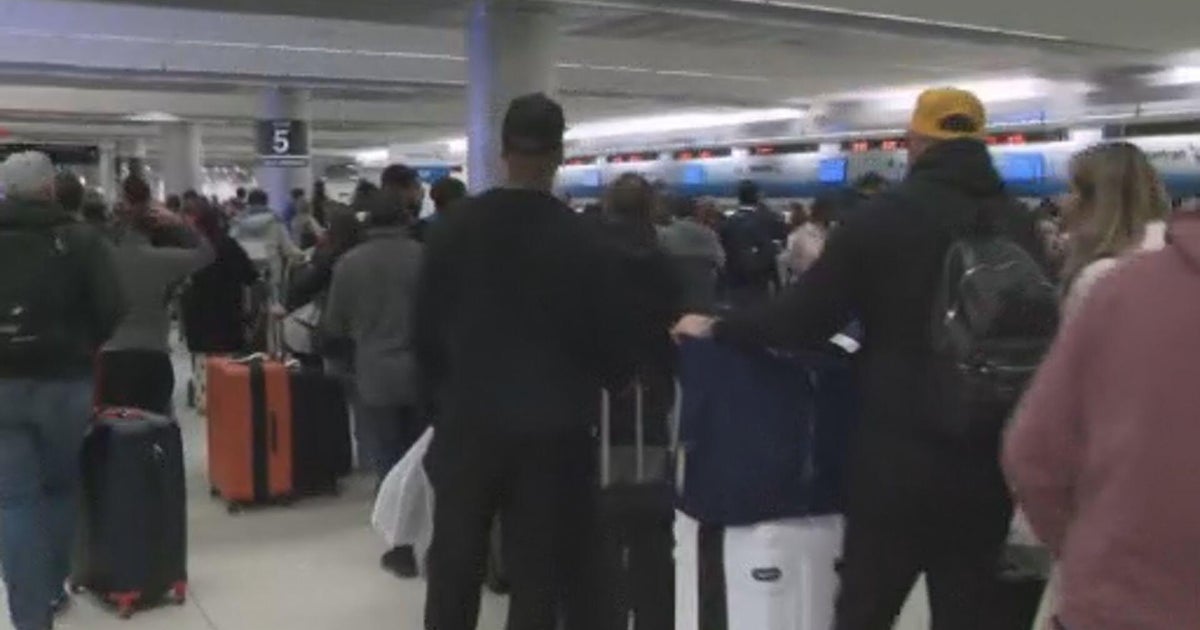It’s a tough summer for Miami-Dade’s dining scene. Fan favorites, buzzed-about newcomers and trusted go-tos are closing their doors as the seasonal slump hits harder than usual.
Chef Michael Schwartz of Michael’s Genuine Food and Drink is the OG of the Miami Design District—he’s been there 18 years and has seen the highs of Miami’s culinary boom. Now, he watches it shift.
When asked about the biggest summer struggle for restaurants, Schwartz said, “I would say grabbing people’s attention.” He added, “There’s just so many restaurants now, and I never remember it feeling like that. Like just in the last couple of years, so many people came and opened restaurants here.”
Saturation is a problem. A rough estimate from the Greater Miami Convention and Visitors Bureau shows that for every restaurant that closes in Miami-Dade County, another two open.
Post-boom realities and rising costs
Chef Scott Linquist co-owns 12 Coyo Taco restaurants—including one in Fort Lauderdale. He said post-COVID 2021 changed everything.
“Miami was a boom town,” he said, “and everyone started projecting that Miami was no longer going to be seasonal.” But he added, “Honestly, I feel like summer’s even slower than it’s ever been, and you have three months that just everyone leaves, and tourists don’t come.”
Add in climbing rents, the difficulties of running a business, and rising food costs, and it’s the perfect storm.
“The cost of goods was an issue, you know?” Schwartz said. “And then you see it in the pricing on the menu. People ask, ‘Why does this cost so much?’ The answer is everything costs more.”
Chefs say their biggest challenge is deciding whether, or how, to pass those costs on to customers. And diners say their tabs are already too high.
“Everything’s so expensive. It’s kind of crazy—I’m not going to lie,” said customer Donel Belony.
“Honestly, I look for promotions—or maybe I just stay and eat at home,” said Stephanie Reyes.
David Whitaker from the Greater Miami Convention and Visitors Bureau says tax receipts show there is business. Restaurants making more than $400,000 a year are up nearly 12 percent. Miami Beach—which collects its own tax—is down slightly.
“Restaurants have opened and closed for decades—that’s the life cycle,” Whitaker said. “But I don’t want to minimize the importance, the demands, and the challenges these restaurants are facing.”
That’s why Miami Spice was born 24 years ago—to support local restaurants through the tough season. And this summer, the need is greater than ever.
“Look, we all want to try the newest, hottest, coolest place,” Schwartz said. “That’s great. But local restaurants need support—especially in the summer when it’s tough.”



